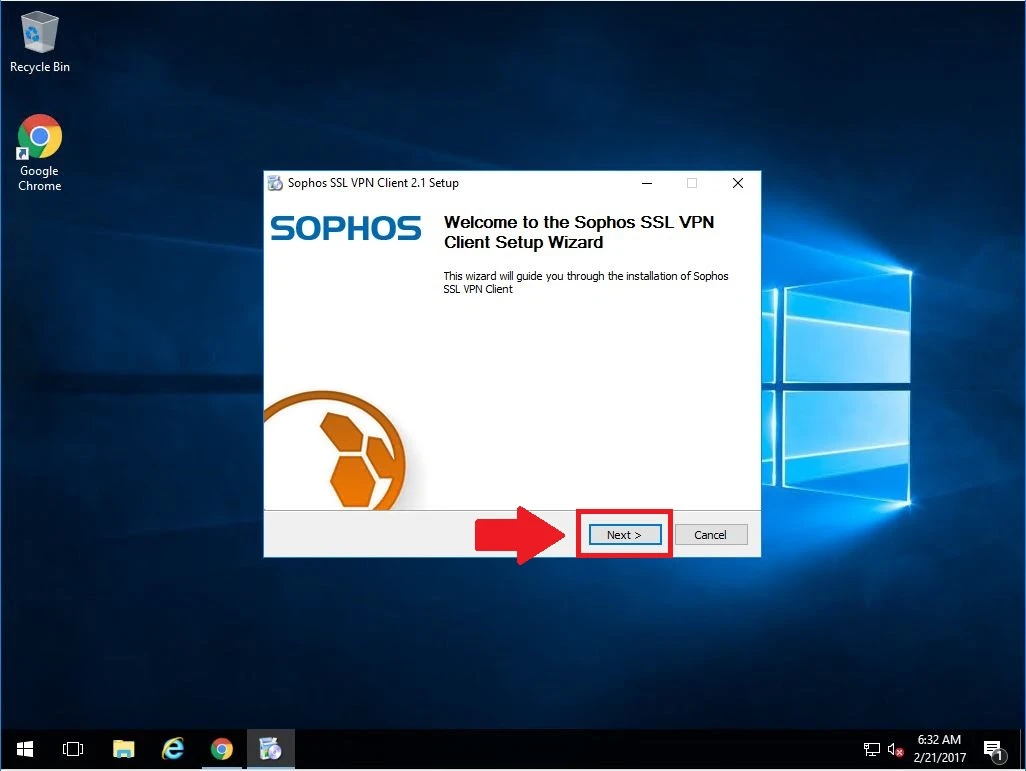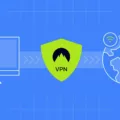The use of SSL VPNs has become increasingly popular in the corporate world as organizations strive to keep their data secure and private. An SSL VPN (Secure Sockets Layer Virtual Private Network) is a type of virtual private network that provides secure, remote access to corporate networks using the SSL (Secure Sockets Layer) protocol.
SSL VPNs provide a secure connection between an authorized remote host, such as an employee’s laptop, and any system inside the enterprise perimeter. Compared to traditional IPsec VPNs, which allow connections between any remote host and any system inside the corporate perimeter, an SSL VPN can be configured to enable connections only between authorized remote hosts and specific services offered inside the corporate perimeter.
SSL VPNs are particularly useful for organizations that need to ensure that confidential data stays confidential. With an SSL VPN, data is encrypted from end to end so that it cannot be intercepted or tampered with by unauthorized third parties while in transit. This ensures that sensitive information is kept safe at all times and prevents malicious actors from gaining access to it.
Furthermore, one of the key benefits of using an SSL VPN is its compatibility with existing web browsers such as Safari, Chrome, Firefox, and Internet Explorer. This allows users to quickly set up a secure connection from anywhere in the world without having to install additional software or hardware on their devices.
When considering whether or not to implement an SSL VPN for your organization’s network security needs, it is important to understand what you are trying to accomplish with it. For example, if your organization requires a high level of security but also wants employees to have easy access outside of company premises then an SSLVPN may be right for you. However, if you only require basic security measures then you may find that other solutions are more cost-effective and efficient.
Overall, an SSL VPN can provide organizations with improved data security, privacy, and convenience when compared to traditional IPsec VPNs — making them a great addition to many businesses’ network security needs!

The Benefits of Using an SSL VPN
An SSL VPN (Secure Sockets Layer Virtual Private Network) provides secure and encrypted connections for remote access to a network. It is used to protect private web traffic from snooping, interference, and censorship. An SSL VPN uses the same technology as the Secure Sockets Layer (SSL) protocol that is used to secure online data transactions between web browsers and websites. Unlike a traditional VPN, an SSL VPN does not require the installation of specialized client software on the end user’s computer or mobile device. Instead, it relies on the user’s web browser to establish a secure connection with the remote network.
An SSL VPN allows users to securely access resources on remote networks while maintaining their privacy. It provides a secure tunnel through which data can be transmitted securely over public networks such as the Internet. The tunnel encrypts data before it is transmitted between the two systems, ensuring that no third party can intercept or view any of the data in transit. Additionally, an SSL VPN can provide access control by requiring users to authenticate themselves before they are granted access to specific resources or applications on a corporate network. This authentication process helps ensure that only authorized users have access to confidential information.
Difference Between VPN and SSL VPN
VPN (Virtual Private Network) is a technology that creates a secure network connection over a public network such as the internet. It enables users to send and receive data across shared or public networks as if their devices were connected directly to the private network. VPNs provide a secure connection by encrypting data traveling between two endpoints, ensuring that all traffic remains private and secure.
SSL VPN (Secure Socket Layer Virtual Private Network) is a type of VPN that uses the Secure Sockets Layer protocol — or, more often, its successor, the Transport Layer Security protocol — in standard web browsers to provide secure, remote-access VPN capability. SSL VPNs allow users to securely access resources on an internal network from any external location using only a web browser. SSL VPNs are typically used to provide access to corporate applications and services such as file servers, email servers, databases, intranets, and extranets. Unlike IPsec VPNs which require additional client software for connection establishment, SSL VPNs use standard web browsers for connections and do not require additional software installation on user devices.
Can SSL VPNs Be Blocked?
Yes, SSL VPN can be blocked by using a firewall address object and assigning it to the SSL VPN setting with the negate option enabled. This will effectively block any incoming connection from the specified IP address. Additionally, you may also want to configure your firewall to reject any incoming traffic from blocked IP addresses. This will ensure that no data is transmitted from or to the blocked IP address across your network.
Conclusion
In conclusion, SSL VPNs provide a secure and reliable way to access corporate networks remotely. With their encrypted connections, they ensure that data is safe from interception and unauthorized access. They also enable authorized users to access specific services inside the enterprise perimeter without requiring a full IPsec VPN setup. Ultimately, SSL VPNs are a great way to protect sensitive data while allowing remote users to safely access their corporate networks.








